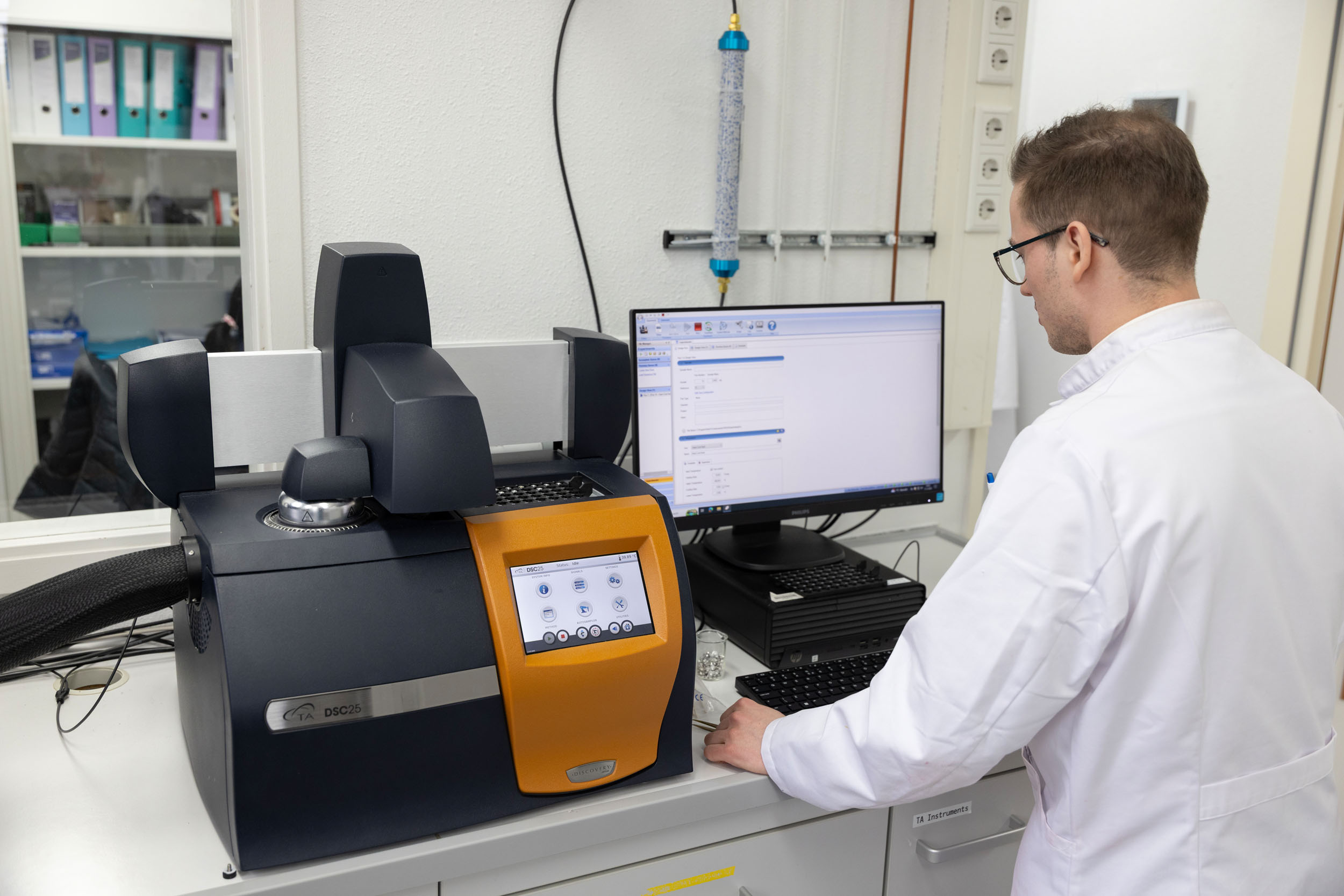Project objective
The primary goal of this project is to optimize and expand upon the CRISTOFF pipeline to be able to detect on/off-target insertions in Nanopore sequencing data.
Expected Outcomes
The project will lead to the optimization of the CRISTOFF pipeline, enabling it to handle both insertions, deletions and smaller genetic variants in CRISPR-Cas9 strain improvement applications. The results will be validated using both in-house and publicly available sequencing datasets to assess the sensitivity, specificity, and overall performance of the updated platform. This will contribute to enhancing the accuracy and reliability of CRISPR-based genetic modifications, reducing potential off-target effects, and providing a more robust quality control tool for precision fermentation.
Skills and Competencies Gained
- Bioinformatics Expertise:
- Hands-on experience in working with Oxford Nanopore sequencing data.
- Understanding of genome-wide CRISPR-Cas9 editing techniques, including off-target and on-target mutation analysis.
- Proficiency in using and optimizing bioinformatics pipelines such as CRISTOFF for genetic modification analysis.
- Data Analysis and Interpretation
- Strong ability to analyse and interpret sequencing data, with a focus on detecting genetic variations such as insertions, deletions and single nucleotide variations.
- Experience in comparing the performance of different bioinformatics tools and algorithms in terms of accuracy, sensitivity and efficiency.
- Algorithm Development and Optimization
- Skills in improving bioinformatics algorithms, particularly for sequencing data analysis.
- Understanding of statistical methods used to enhance detection capabilities for genetic modifications.
- Research and Documentation
- Experience in scientific research, including the design of experiments, data collection and comprehensive reporting.
- Skill in documenting methodologies and results to produce clear, concise and informative reports for stakeholders.
Starting Date & Compensation
September 2025. The length of the internship graduation assignment is approximately 20-30 weeks, depending on the scope and depth of the research conducted. The student will get an internship fee of €350, – per month.
Mentorship and Guidance
The intern will be supervised by experienced researchers and professionals in biotechnology and bioinformatics (MNEXT-Smart Fermentation, Tim Verschuren and Bazante Sanders), with regular progress reviews and support to ensure the successful completion of project objectives.




